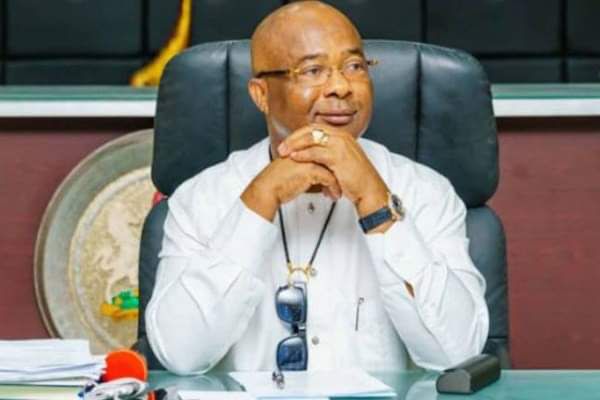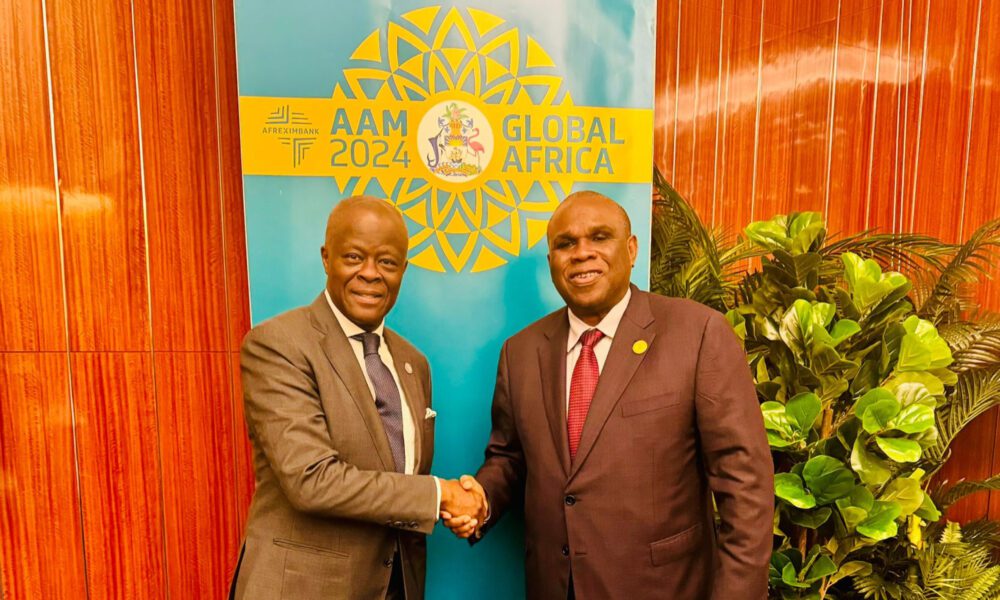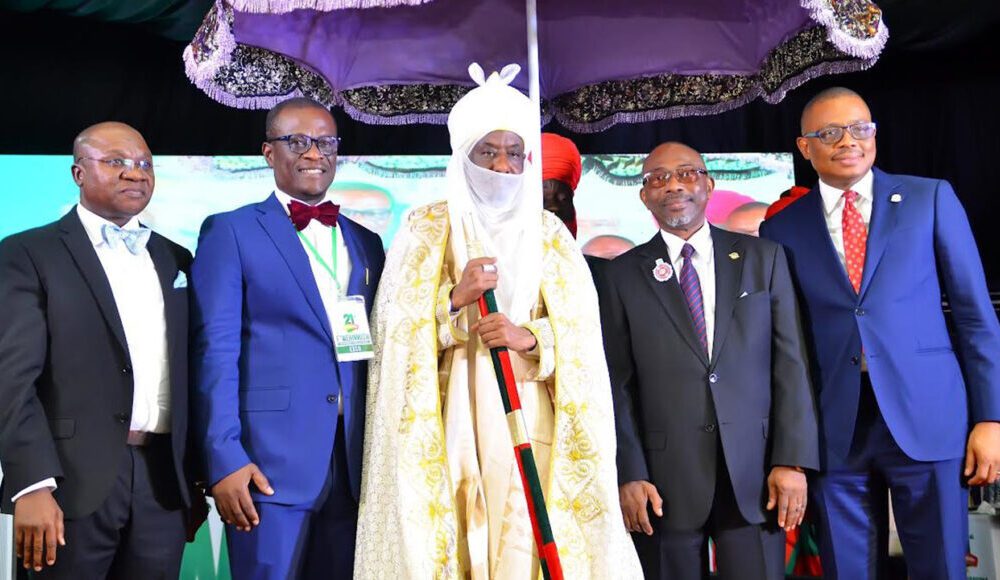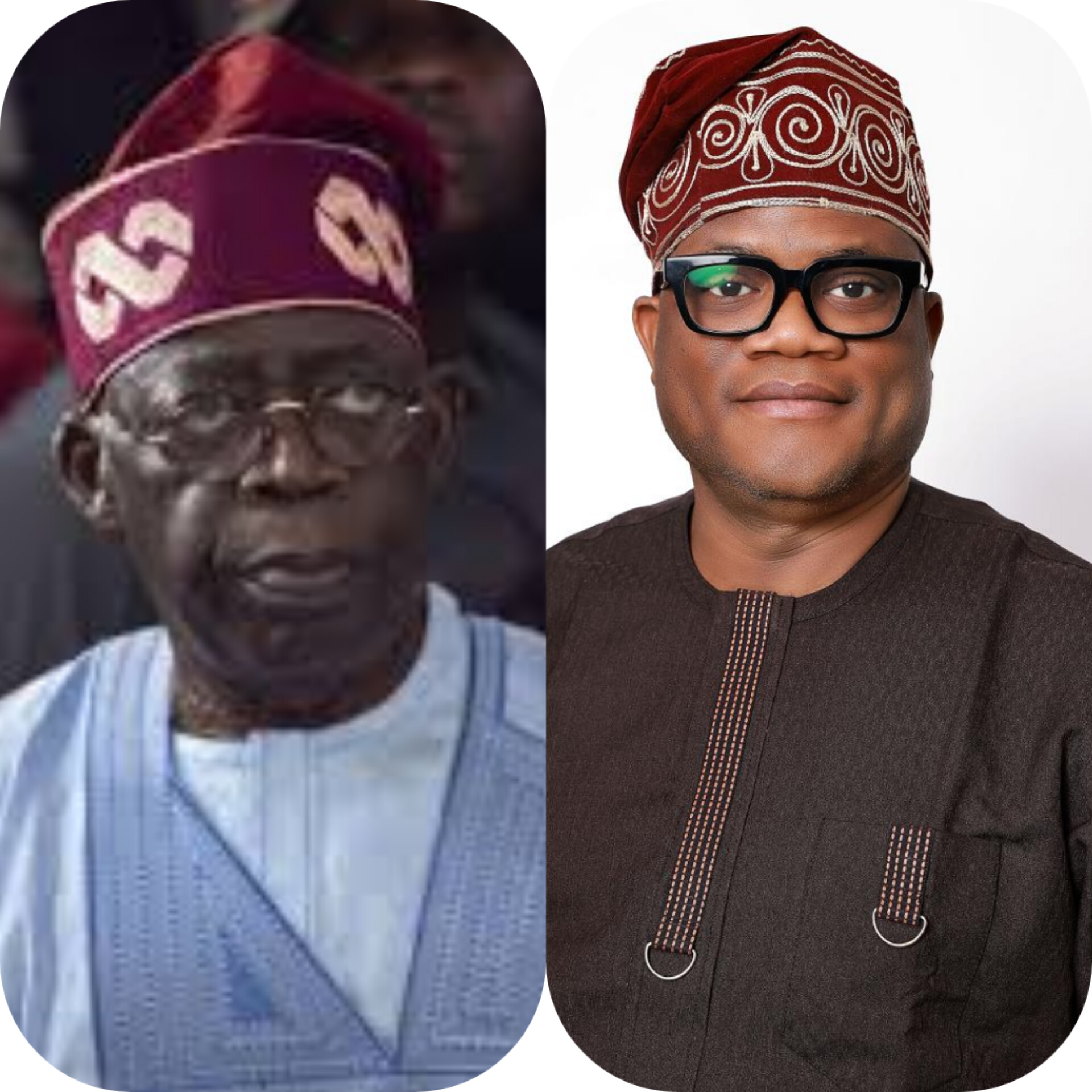**Ministry to train 100, 000 youth, women, PWDs
The Imo State ministry of Digital Economy and E-Government has rolled out plans for the Digital Imo project to include training of 100,000 youth, women and people living with disabilities in core 21st century skills in software development, blockchain, game development and other technical vocational skills.

The ministry said it will also facilitate Broadband Penetration in all LGAs of Imo State.
The commissioner in charge of the ministry that is reputed to be the first of its kind in Nigeria, Dr Chimezie Amadi said it is also positioned to Improve Broadband penetration and coverage, Increased e-Government activities, Improved Digital inclusion and literacy levels.
“The Ministry will pull 100,000 young people from across the local government areas of the state and instil digital skills and competencies into them. The Ministry will be an enabler and a one-stop-shop for digital knowledge acquisition for the entire state operation.”
According to him, the Ministry is poised to train other Ministries on tech skills for the new Imo state that will run operations on technology and thus, be able to maximise resources for development.
“The Ministry will work as part of the governor’s over all transformation agenda for the Imo State. This will be achieved by building smart cities which leverages digital technology to drive governance, innovation and entrepreneurship while promoting value creation and prosperity for all.
He said the governor is at the verge of making a giant stride in the State being the first to establish the ministry in Nigeria, making Imo State to be the digital capital of Nigeria.
Bold steps to undertake he said, includes, creating a hub of fitting digital skills set for jobs of the future, training and capacity building of MDA staff to promote use and adoption of the single windows portal, identification, automation and digital integration of revenue generating MDAs in the State.
He said the Ministry of Digital Economy and E-Government under his watch will animate the Startup ecosystem by creating enabling environment that facilitate groundbreaking innovations that will address societal challenges, enhance efficient service delivery while plugging the holes in Government budget for Revenue assurance.
“For instance: Crowd-source Broadband Penetration and efficiency across all towns, villages and LGAs in Imo State.
“Facilitate Broadband Penetration to Underserved and Unserved locations in Imo State via private sector partnerships, deployment of state-owned fibre highway for interconnection of business districts, communities and LGAs.”
He eulogised Governor Hope Uzodinma saying he has set himself to become the Digital Governor in Nigeria by this establishment. History will be kind to him for placing Imo State on the global digital map.

The profile of the commissioner whose shoulder the responsibility rests on is a digital revolutionist per excellence, a silent achiever who has been leading Digital mapping in Nigeria through the NCC, a young energetic and highly talented person.
Dr Amadi an Assistant Director at the Nigeria Communications Commission (NCC) has impressive educational attainment, he attended several training programmes on 5G: The Path to Next Generation; Digital Transformation: Unlocking the Potential of IoT; Enabling the Full Value of Wireless Technology: Game Changing Technology For the Digital Age; and Ethics Intelligence, among others.
At the NCC, Dr Amadi worked in various Departments which include: Administration , Procurement, South-West Zonal operations where he headed the Enforcement, Licensing and Consumer Affairs Units as well as in Research and Development Department where he headed the Emerging Technologies Research Unit creatures 01 stakeholder fora in the ICT space to facilitate ACADOPRENEUR, which is a collaboration between Academia and Industry.
Amadi being a very detailed man has already mapped out what his actions will be in the new Ministry within a year. Dr Amadi’s document includes Action Steps, Timelines, Deliverables and expected outcomes.
If there’s anyone befitting to head the new ministry, then Dr Amadi is that person. He comes fully prepared for his new job as the Commissioner for Digital Economy and e-Government.




